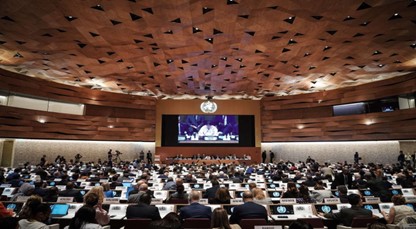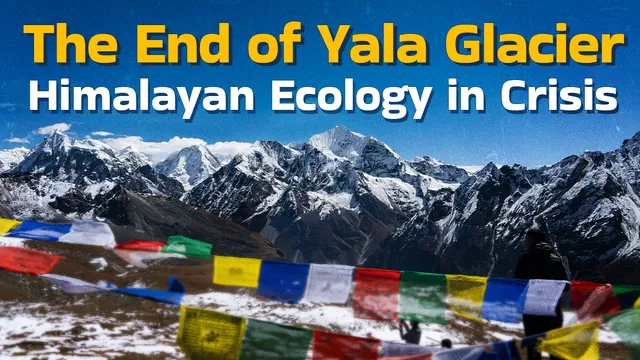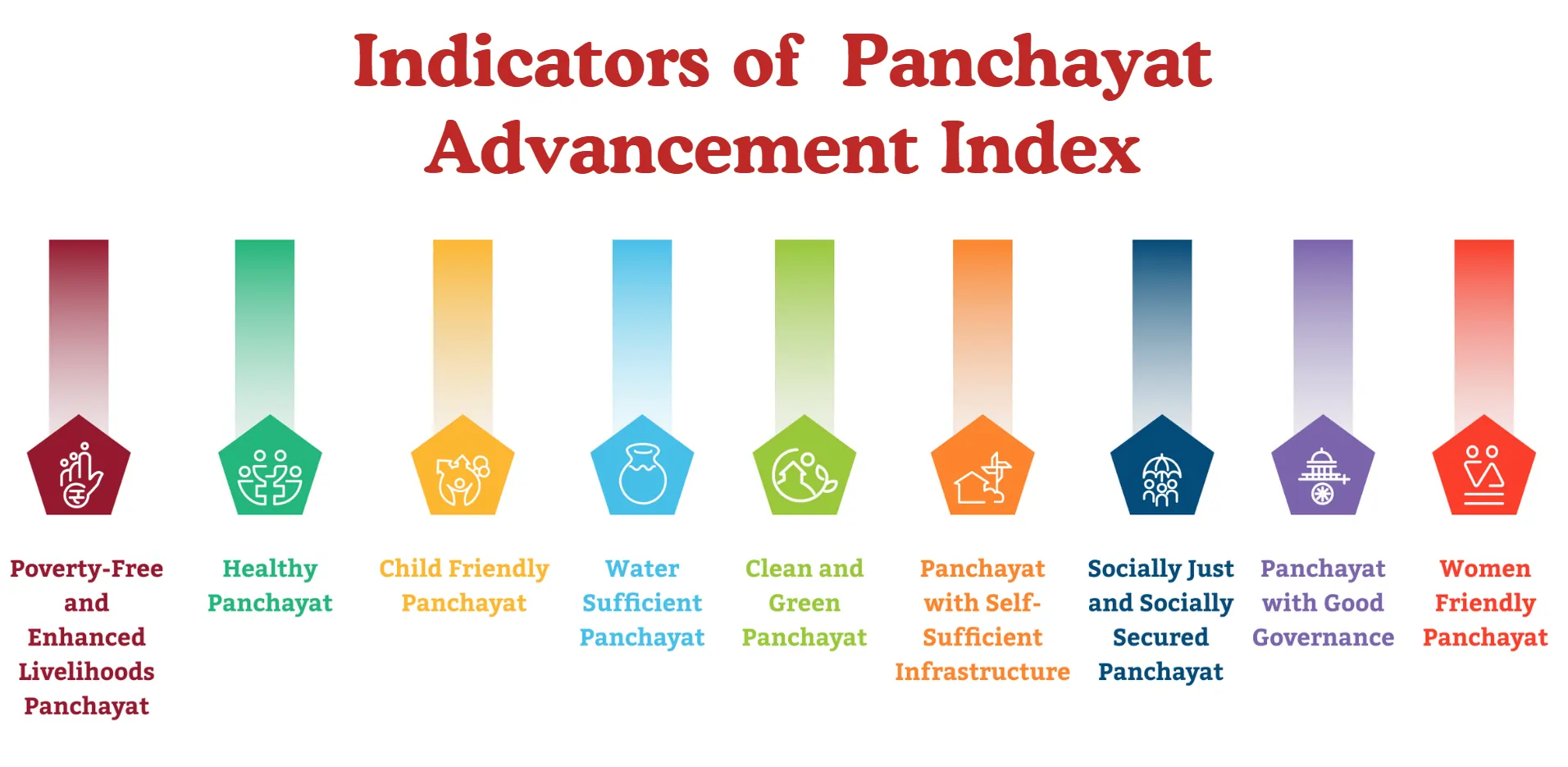- Courses
- GS Full Course 1 Year
- GS Full Course 2 Year
- GS Full Course 3 Year
- GS Full Course Till Selection
- Online Program
- GS Recorded Course
- NCERT (Recorded 500+ Hours)
- Polity Recorded Course
- Geography Recorded Course
- Economy Recorded Course
- AMAC Recorded Course
- Modern India, Post Independence & World History
- Environment Recoded Course
- Governance Recoded Course
- Science & Tech. Recoded Course
- International Relations and Internal Security Recorded Course
- Disaster Management Module Course
- Ethics Recoded Course
- Essay Recoded Course
- Current Affairs Recoded Course
- CSAT
- 5 LAYERED ARJUNA Mentorship
- Public Administration Optional
- ABOUT US
- OUR TOPPERS
- TEST SERIES
- FREE STUDY MATERIAL
- VIDEOS
- CONTACT US
HEALTH FOR ALL
HEALTH FOR ALL


Latest Context
Recently, World Health Organization released its report in the 76th World Health Assembly. The title of this report is “Health for All: Transforming Economies to Deliver What Matters”. The unique feature of this report is that it links health with sustainable growth.
Key Facts
- The 76th World Health Assembly was held in Geneva, Switzerland and its theme was “WHO at 75: Saving Lives, Driving Health for All”
- This report was launched by the WHO Council on the Economics of Health (WCEH) for All. It came into existence in November 2020 in response to the Covid-19. The objective of this organization is to offer new economic thinking to reassess the ways of linking health with the well-being of people which can result in holistic and inclusive development of any country.
Highlights of the Report
- Health Worker Shortage: Many countries suffered from a huge shortage of health workers globally and especially in low-income countries. Among health workers, out of whom 70% are women, unduly suffered during the treatment of Covid-19 due to a lack of decent protective equipment and support. Many African and Eastern Mediterranean regions countries were most in need of skilled health workers due to constraints on their ability to invest in staff.
- COVID-19. A Global Failure: According to this report, Covid-19 is a global failure. Despite clear warnings, no preventive actions have been taken. It could be preventable. In 2020, approximately 100 million people were pushed into poverty. Though many countries have developed vaccines against Covid-19 but countries all over the world have failed to prioritize the common good. It exposed deep-seated inequities, emphasizing the need to reshape the economy for Health for All
- Climate Change: Climate Change is deeply impacting health. The Paris Agreement which has the objective to combat climate change is a crucial public health agreement with a goal of curbing the temperature rise to 1.5°C by 2050. It may surpass this target in this decade. Air pollution from burning fossil fuels is responsible for a global total of 10.2 million premature deaths approximately the population of Bangkok or Hyderabad. It may result in 83 million excess deaths by the end of the century due to rising temperatures caused by Greenhouse Gas Emissions.
- Health as a Human Right: Approximately 140 countries all over the world recognize health as a human right and mentioned it in their constitution but only four countries mention how to finance it. Only 52 countries take very few measures to implement it in their policy programs.
- Health Expenditure: Short-term measures are not supposed to be good and undermine the long-term benefits and stability in healthcare provision. Insufficient long-term investments can lead to the nonfulfillment of Universal Health Coverage (UHC).
Recommendations
- Valuing Health for All
Valuing the Essential: To prioritize the health and well-being of health workers involved in health systems by providing sufficient financing.
Human Rights: To make it effective, there is a dire need to make some legal provisions and provide sufficient financial resources to give teeth to this provision.
Planetary Health: Restoring and protecting the environment by upholding international commitments to link the planet and the well-being of people is the need of the hour.
Dashboard for Healthy Economy: By Using a range of metrics that could track the progress across core societal values in addition to measuring the progress of the health initiatives.
- Financial Resources: To adopt a comprehensive and stable approach to funding Health for All by redrawing the international architecture of finance to fund health equitably and proactively, including an effective and inclusive crisis response
Health Innovation: To collect intelligence in order to build symbiotic public-private alliances that could generate maximize public value and share both risk and rewards.
Common Good: To design knowledge governance including intellectual property regimes for the common good to ensure global equitable access to vital health innovations. Align innovation and industrial strategies with bold cross-sectoral missions to deliver Health for All.
- Strengthening the Public Capacity: By laying the emphasis on health for all government agencies including health ministers could be very useful to achieve the ambitious targets of Health for All. In addition, there is a dire need to build trust among the people about the whole governance structure by building accountability at each stratum of the governmental agencies.
World Health Assembly
- About: It is WHO’s decision-making body which is attended by delegations from all of WHO’s member states. It takes yearly at the headquarter in Geneva, Switzerland. The Executive Board prepares its health agenda. After Covid-19, the first-time session of this assembly took place in 2022.
- Functions of WHA:
- Appointment of the Director-General of WHO.
- Administration of financial policies.
- Deciding on Organization’s policies.
- Review and approval of the proposed program budget.

Mains
Q. Appropriate local community-level healthcare intervention is a prerequisite to achieve ‘Health for All’ in India. Explain. (2018)



